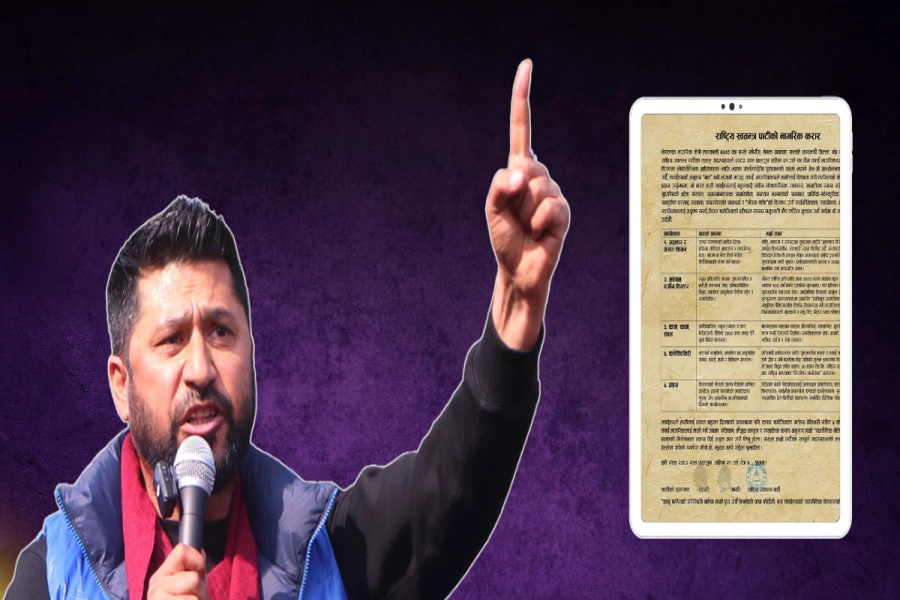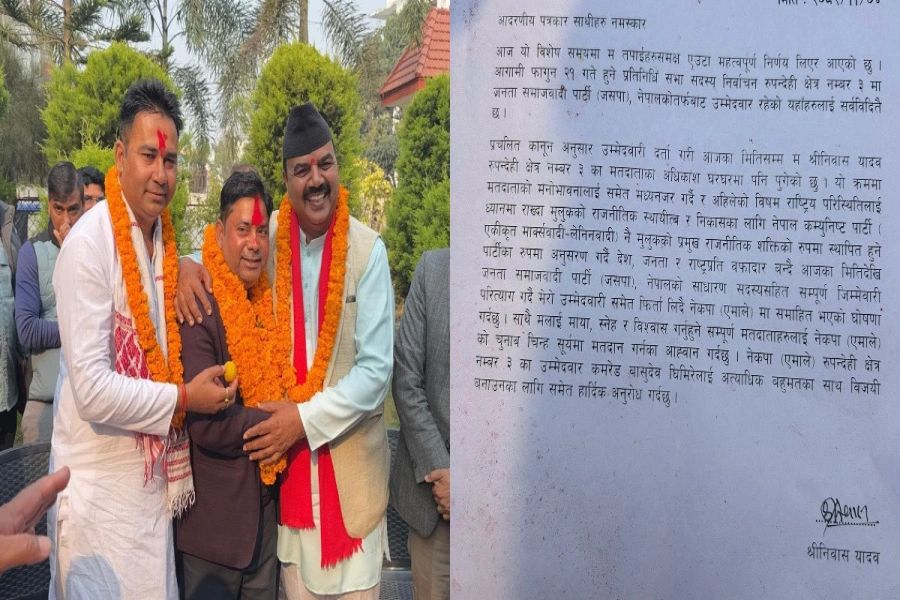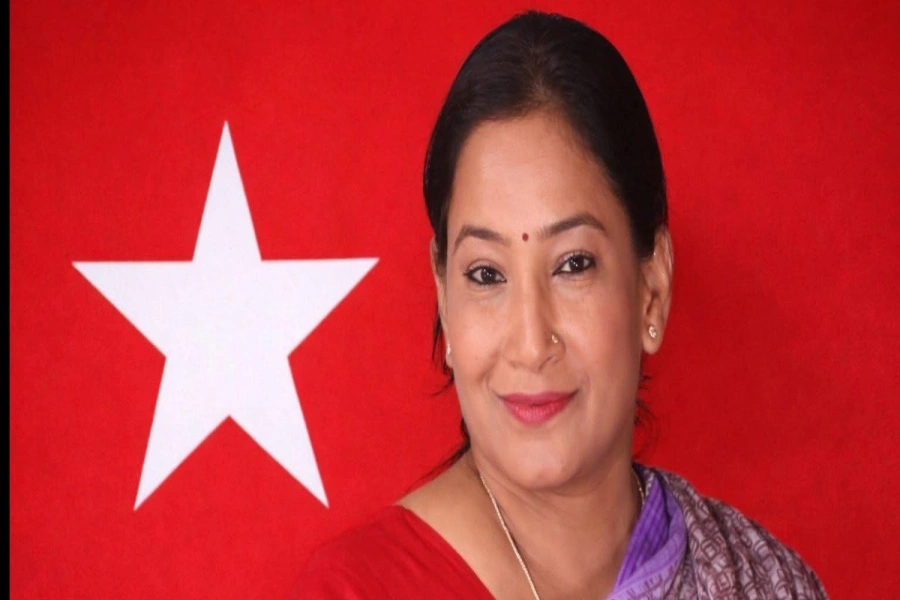Pranjal Gogoi, 32, is an Executive Chef at the Fairfield by Marriott, Kathmandu. He started his career as a trainee at the Radisson Blu in Noida, India. After working there for four years, he moved to the USA. Having worked with several hotels like Oberoi Hotels and Resorts, Taj Hotel, Carnival Cruise, Jaypee Palace Hotel and International Convention Center in India, he currently holds a total 11 years of experience in the field. As he had contributed as a head chef at the Fairfield by Marriott, Indore, he is currently leading the culinary team at Fairfield by Marriott, Kathmandu with a goal to implement new food trends in the city.
In an interview with My City’s Sonam Lama, Gogoi elaborated on his 11 years of culinary journey.
It’s not just good food, it’s an experience

What cuisines do you specialize in? Is there any specific style that you follow?
I started my career from restaurants that specialized in Indian cuisines whereas with the course of time I also got to learn about Asian cuisines. I have tried my hands on international recipes while working in the USA for two years. Most of the chefs today follow contemporary cooking and garnishing methods, which mostly include a fusion of different cuisines and styles. I personally prefer contemporary style which focuses on the presentation and garnishing.
What does it take to become an Executive Chef?
Cooking is an art that demands hard work, drive and constant practice. Some people are driven with notions that cooking is simply about mixing the ingredients or following a recipe. But, cooking is more than that. The art of cooking should be performed with the right balance of heart and mind because the right usage of your skills and intuition is vital. There are various small things that a good chef needs to take care of, such as the proper balance between ingredients and temperature, among other things. The best part of being a chef is that you get to read different cultures through foods.
How is it different working in Nepal than in India?
Whether you are working in any part of the world, the work module is same. All you need is hard work, polished skills and creativity to win the hearts of people. The challenges as a chef are always similar regardless of the people or country I work for. Working here has exposed me to a new and diverse crowd of food lovers. Working here for about seven months now, I can observe that the food culture, especially in Kathmandu, is highly progressing in terms of quality and presentation. Food bloggers are increasing. There is good number of eateries serving Asian and international cuisines while also giving equal priority to authentic Nepali, Newari, Thakali and other local cuisines.
How important is it to globalize our national cuisines?
Foods are the reflection of culture and history. Globalizing them would ensure an access to learn and acknowledge diverse culture via cuisines while also bridging the gaps between countries across the globe. In order to globalize national flavors, I think it demands more innovations and experiments. We have stepped into an era where food presentation along with gastronomy is valued. Therefore, I believe adopting contemporary trends and improvising on the food quality is much significant to popularize any cuisine globally.







































